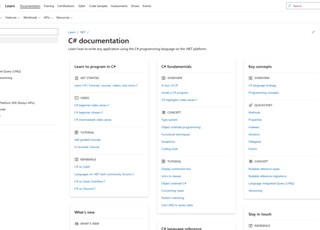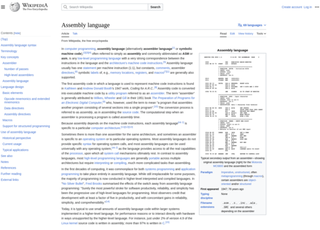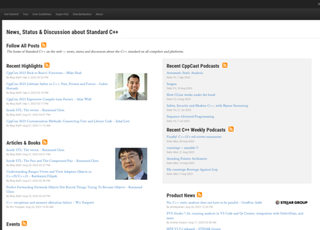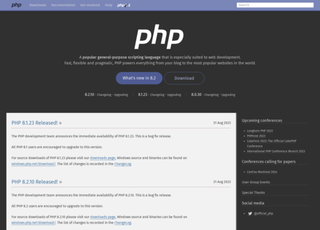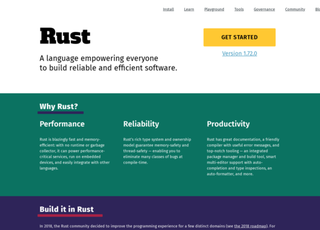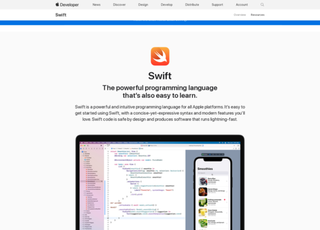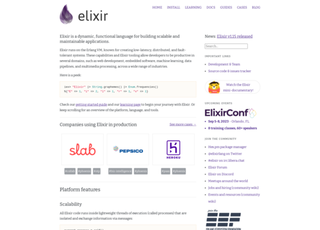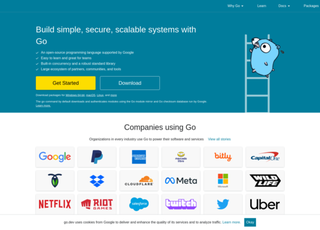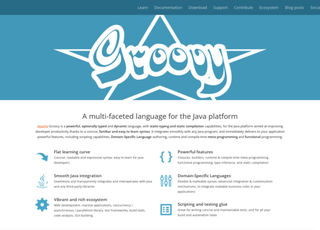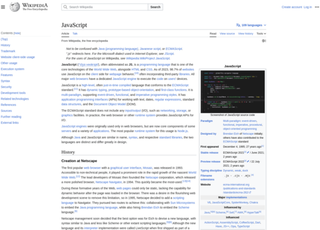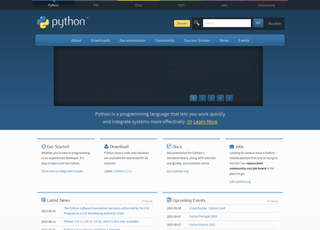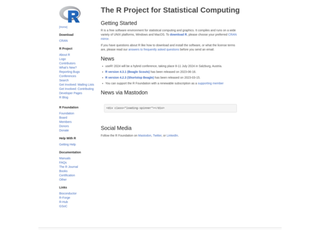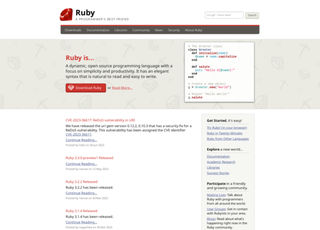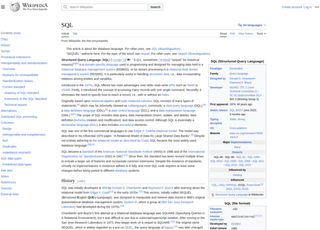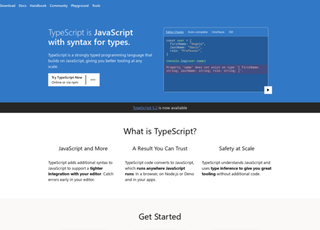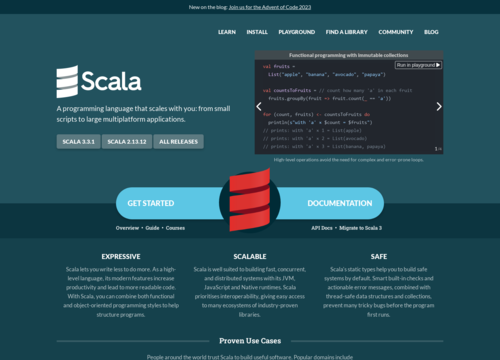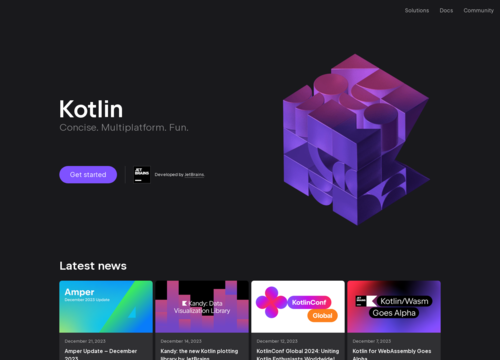Lua
Lua is a lightweight, high-level, multi-paradigm programming language designed primarily for embedded use in applications. It's known for its simplicity, efficiency, and ease of integration with other programming languages and technologies. Here's a breakdown of some key aspects of Lua:
History and Purpose
Lua was created in 1993 by Roberto Ierusalimschy, Luiz Henrique de Figueiredo, and Waldemar Celes, members of the Computer Graphics Technology Group (Tecgraf) at the Pontifical Catholic University of Rio de Janeiro, Brazil.
The language was designed to be simple, small, portable, and easily embedded into applications.
Design Principles
Simplicity and Efficiency
Lua is designed to be simple both in its syntax and semantics. It's also engineered to have a small footprint and be efficient in execution.
Embeddable
Lua is often used as a scripting language embedded within other host applications to provide extensibility and flexibility.
Multi-Paradigm
Lua supports procedural, object-oriented, and functional programming paradigms allowing developers to choose the most suitable approach for their projects.
Extensible
Lua is extensible through its C API, allowing it to interface with C and other languages, and also to extend its functionality.
Key Features
Garbage Collection
Lua includes automatic memory management with garbage collection, which helps prevent memory leaks.
Coroutines
Supports cooperative multitasking through the use of coroutines.
Tables
Lua's main data structure is the table, which can be used to represent arrays, hashes, and more.
Usage
Lua is often used in game development, embedded systems, and as a scripting language in a variety of applications. It's the scripting language behind the game engine Unity, for instance.
Community and Ecosystem
Lua has a thriving community and a rich ecosystem of libraries and frameworks. The LuaRocks package manager is a central hub for Lua modules.
Learning Resources
There are many resources available for learning Lua, including the official Lua website, various books, online tutorials, and community forums.
Performance
Lua is known for its performance, especially when compared to other scripting languages. Its just-in-time (JIT) compilation capabilities via implementations like LuaJIT significantly enhance its execution speed.
Platforms
Lua is platform-independent and can be run on many different operating systems and architectures. This includes Windows, macOS, Linux, and many others, which makes it highly portable.
Standard Libraries
Lua provides a set of standard libraries that cover a variety of core functionalities, including string manipulation, mathematical operations, and input/output operations.
Integration with C
One of Lua's strong points is its ability to integrate with C code. This integration is facilitated by a well-defined C API. Lua code can call C functions, and C code can call Lua functions, making it a powerful tool for extending applications written in C or for embedding scripting capabilities into C applications.
Development Tools
There are several Integrated Development Environments (IDEs) and text editors with support for Lua, including ZeroBrane Studio, IntelliJ IDEA with a Lua plugin, and others. These tools often provide syntax highlighting, debugging support, and other features that make working with Lua easier.
License
Lua is free software distributed under a very liberal license, the MIT License, which allows for a wide range of use including commercial applications.
Applications
Besides game development and embedded systems, Lua is used in web development, automation, and many other fields. Some notable games and applications written with Lua include World of Warcraft, Angry Birds, and Adobe Photoshop Lightroom.
Notable Libraries and Frameworks
There are many libraries and frameworks available for Lua, covering a wide range of functionality. Some notable ones include Love2D for game development, OpenResty for web development, and Torch for machine learning.
Lua's blend of simplicity, power, and flexibility make it a popular choice among developers for a wide range of projects.





















